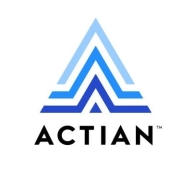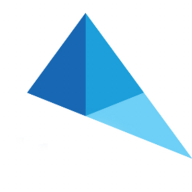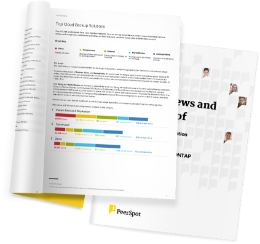The solution currently lacks a dedicated UI-based interface. We currently have to rely on third-party clients to manage the database and connect remotely with SQL. Unfortunately, NoSQL doesn't have any performance-specific features like dashboard metrics that you find in Oracle. A performance report feature would be helpful to us if they would include it in the next release.




